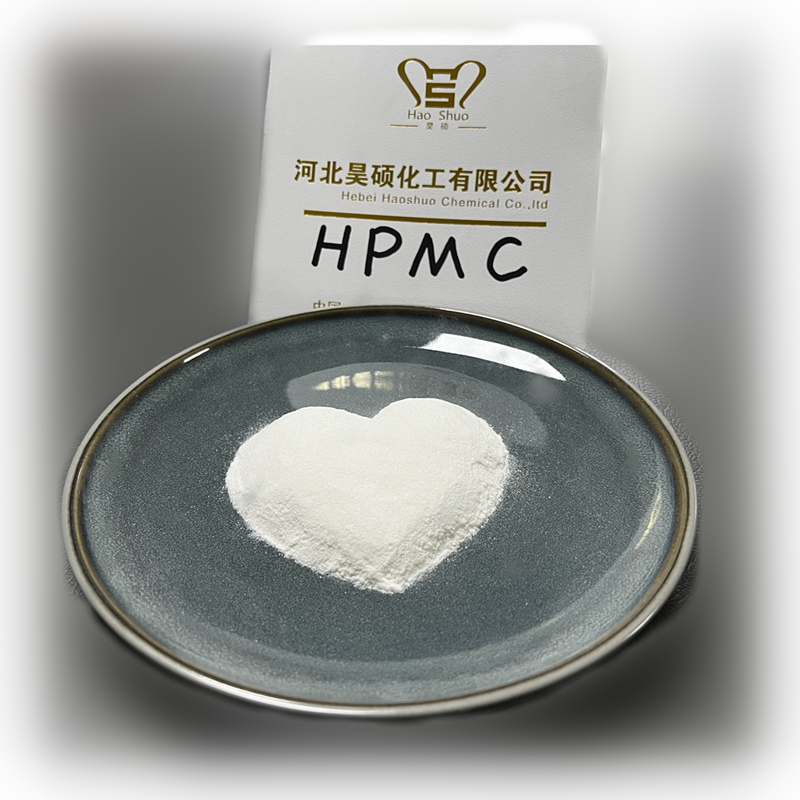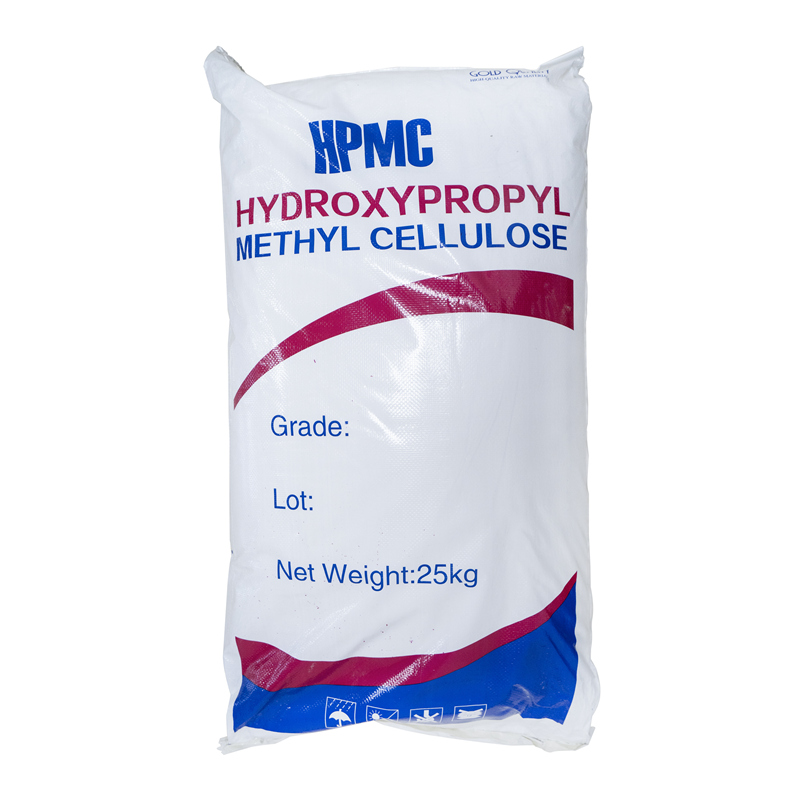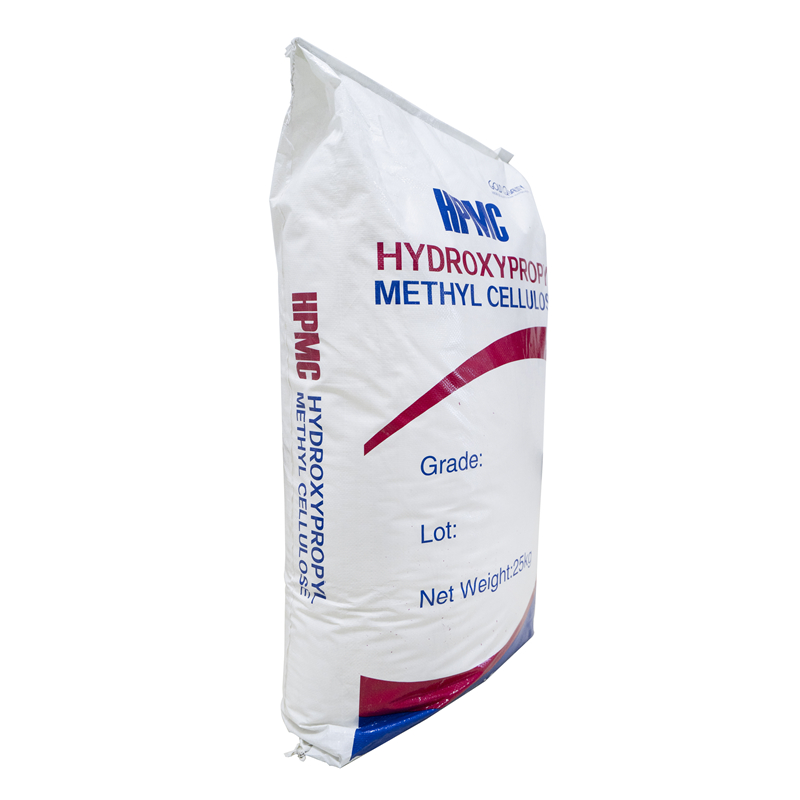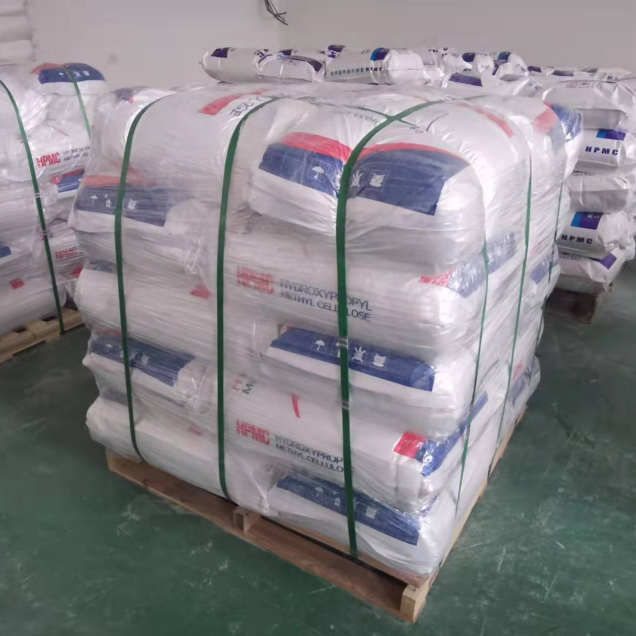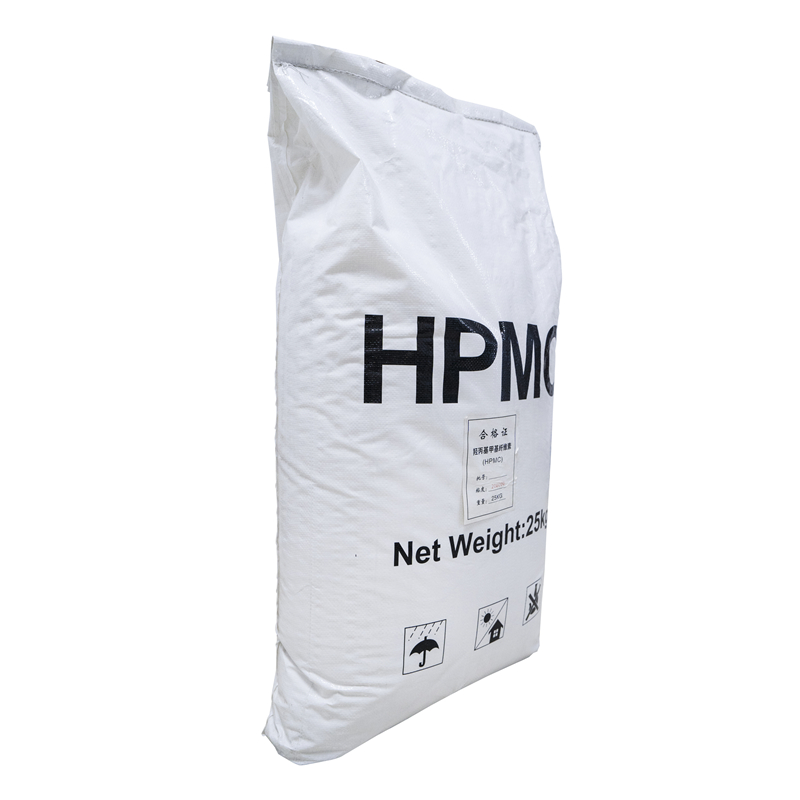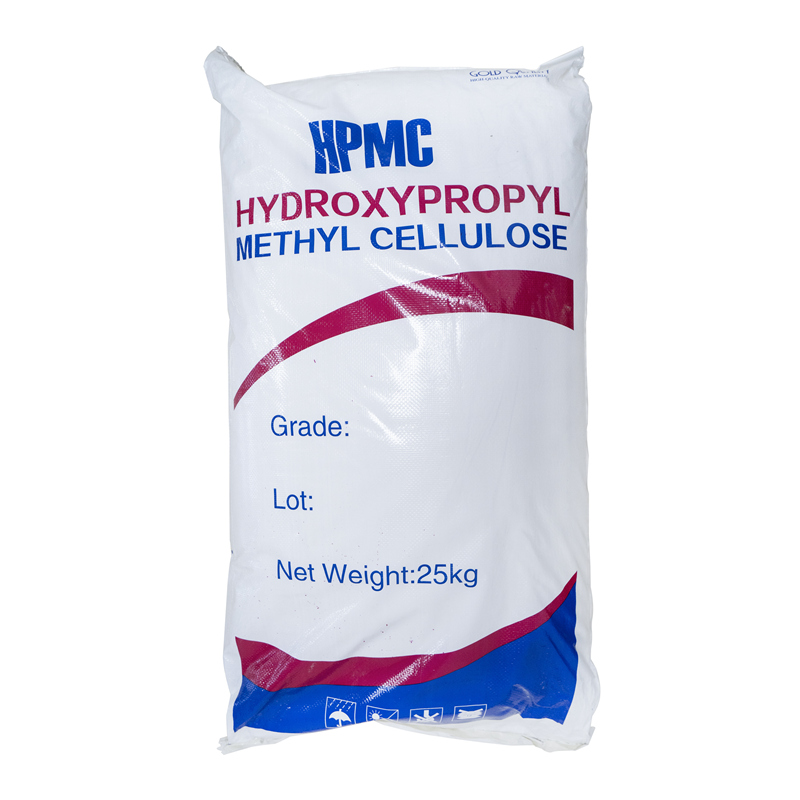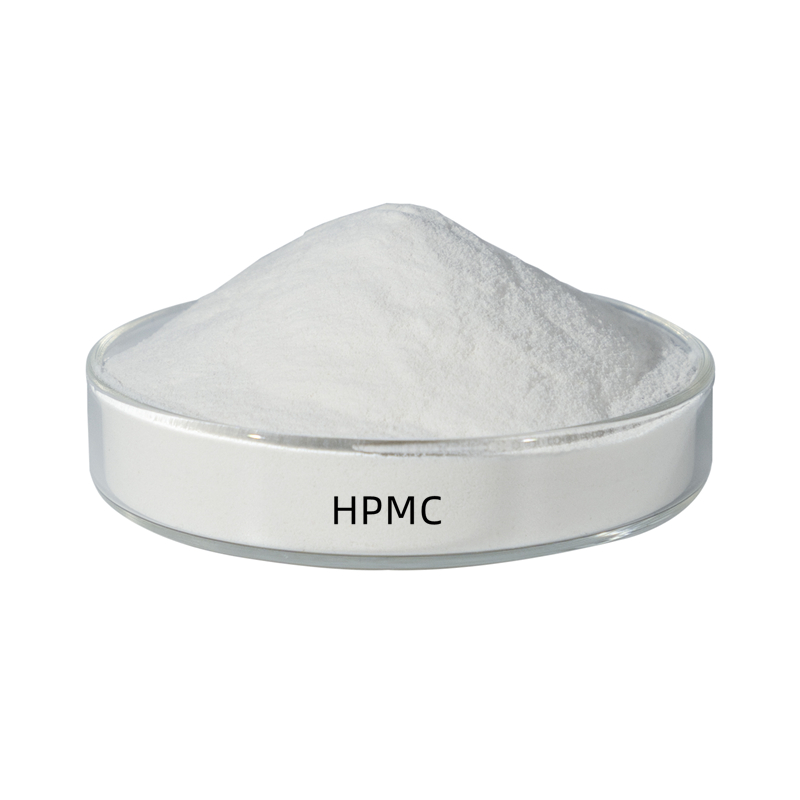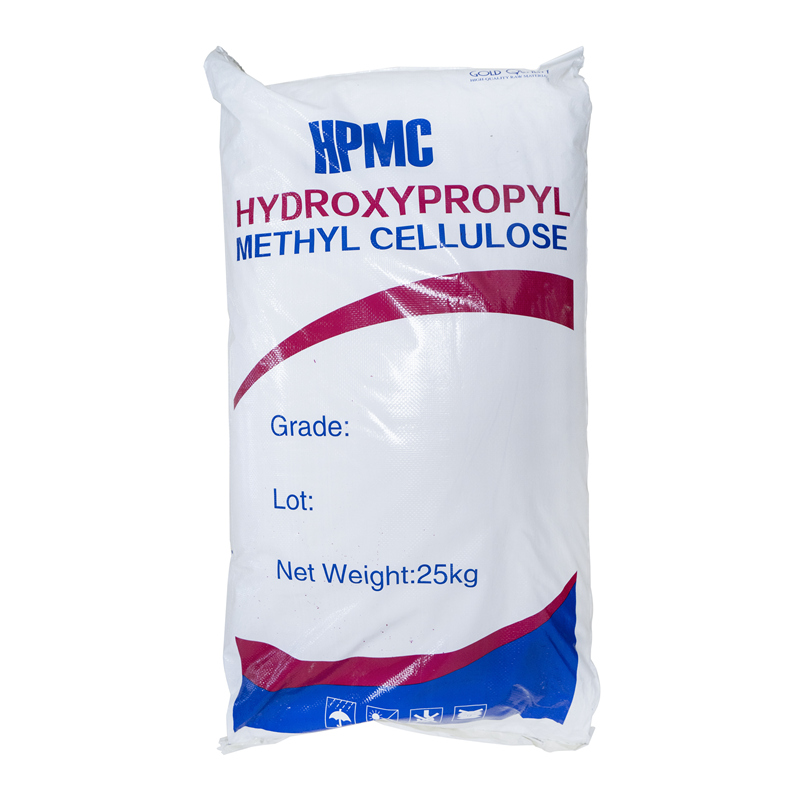9004-65-3 Construction HPMC For Self-leveling Mortar
Self-leveling Compounds are chemical mixtures used to smooth uneven concrete or wooden floors. They are composed of cement, sands, fillers, and modified by a range of additives such as cellulose ethers, plasticizers, defoamers, stabilizers, and redispersible powders. As a flowable, self-leveling and self-smoothing material, self-leveling compounds can produce a flat, smooth, and hard surface that has excellent compressive strength.
- HAOSHUO
- Hebei, China
- 2-7 days
- 200 tons per day
Product Detail
HPMC For Self-leveling Mortar
HPMC for Self-leveling Mortar Description:
Hydroxypropyl Methylcellulose (HPMC) is water-soluble, non-ionic cellulose ether that offers a variety of functional properties when dissolved in water. With excellent properties such as thickening, water retention, adhesion, dispersion, suspension, surface activity, and film formation.
Self-leveling HPMC is a non-ionic cellulose ether modified through a special process specifically tailored to the construction characteristics and performance requirements of self-leveling mortars (cement-based/gypsum-based). We also provide customized formulations to meet your specific industrial needs.
Compared to standard construction-grade HPMC, its specifications are more precise:
Viscosity Control: Typically, a range of 100,000–200,000 mPa·s (1% aqueous solution, 20°C) is selected, providing sufficient consistency to prevent mortar sagging while minimizing the impact of excessive viscosity on the flowability of the self-leveling mortar.
Purity and Ash Content: Purity ≥ 93% and ash ≤ 5% to prevent impurities from affecting mortar strength and surface finish.
Degree of Substitution: Methoxy content 28%–30% and hydroxypropyl content 7%–12% ensure rapid dissolution in cold water or mortar systems. It also exhibits excellent compatibility with cement/gypsum substrates, preventing delamination or precipitation.
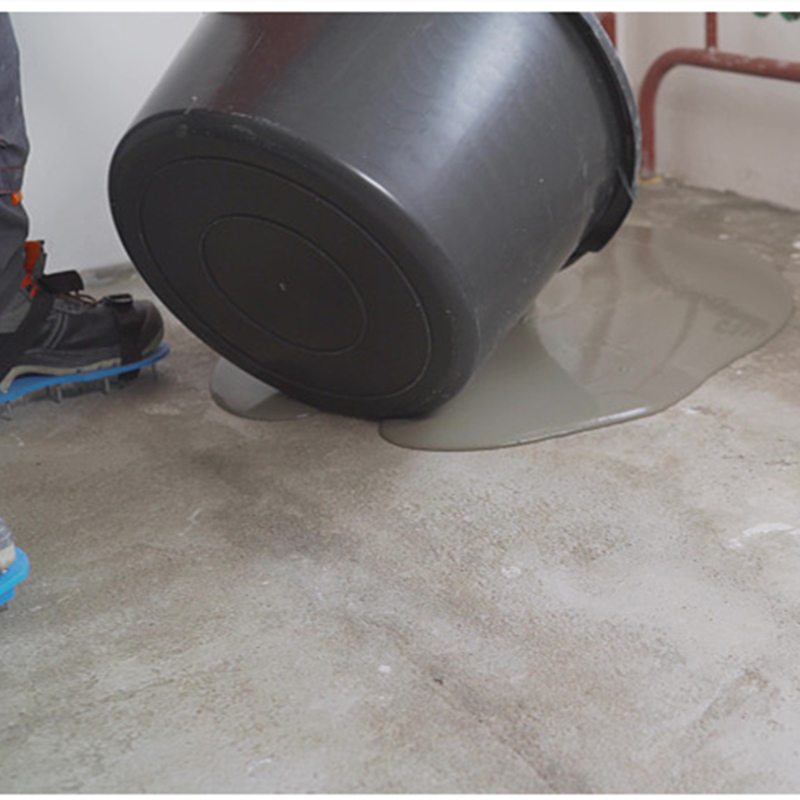
Core Features (Suitable for Self-Leveling Needs)
· Strong Water Retention: Forms a three-dimensional network structure within the mortar, locking in moisture and preventing loss. Even on dry substrates or in high-temperature environments, it prolongs water retention, ensuring full hydration of the cement/gypsum and preventing cracking and hollowing caused by water depletion.
· Precise Thickening and Anti-Sag: By adjusting the mortar's viscosity, it balances self-leveling fluidity with surface anti-sag properties. During application, the mortar naturally levels out to a uniform thickness (typically 3–5mm) while preventing run-off in corners and vertical gaps, reducing the need for subsequent repairs.
· Improved Workability: Makes the mortar easier to mix and apply without lumps or clumping, simplifying application. It also reduces adhesion between the mortar and construction tools, improving application efficiency.
· Strong Stability: Excellent acid, alkali, and salt resistance. Its performance in cement- or gypsum-based mortars of varying grades is unaffected by the base material's pH, ensuring a stable surface condition after application.
Practical Application Results
·Improved Surface Quality: Sufficient water retention ensures complete hydration of the mortar, resulting in a surface free of shrinkage cracks and pitting. The flatness tolerance is controlled within 2mm/2m, meeting the requirements for base layers for flooring and tile laying.
·Ensuring Strength and Durability: Avoids insufficient surface strength due to insufficient hydration (typically increasing surface compressive strength by 10%–15%), reducing subsequent sanding and peeling.
·Optimized Construction Efficiency: Balanced mortar flowability and sag resistance allow for larger application areas (up to 10–15 m2/person/hour) in a single batch, eliminating the need for frequent thickness adjustments and shortening construction time.
Packing | 25KG each,custom packing available |
Delivery | Around 7days |
Payment Terms | T/T or L/C at sight |

